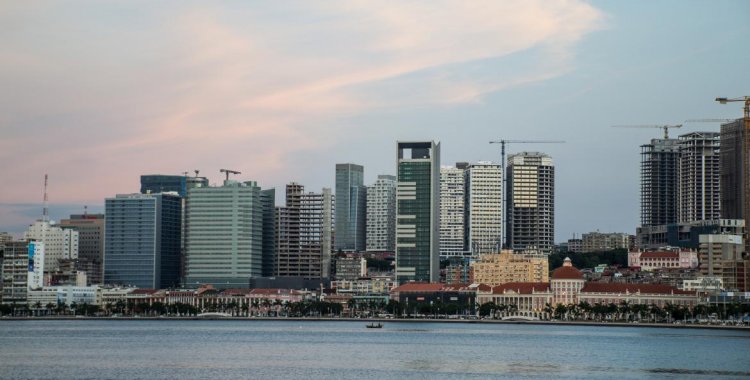The Corruption Perceptions Index (CPI), organized by Transparency International (TI), ranks 180 countries and territories by their perceived levels of corruption in the public sector, on a scale from zero (highly corrupt) to 100 points (clean of perceived corruption ).
Sub-Saharan Africa's average is 33 points, the lowest in the world, and 44 countries rank below 50 points. Among Portuguese-speaking countries, Portugal appears in the index in 33rd position with 62 points, followed by Cape Verde (39th position, 58 points); São Tomé and Príncipe (68th position, 45 points); Timor-Leste (82nd position, 41 points); Angola (136th position, 29 points), Guinea Bissau (162nd position, 21 points) and Equatorial Guinea, which occurs in 171st position, with only 17 points, and deserves some particularly critical considerations in the organization's annual report non-governmental organization (NGO) based in Berlin.
Angola - which in the 2021 CPI has 29 points, an increase of seven points since the 2012 index - registers "a significant improvement" following the election of President João Lourenço, in 2017, who took significant measures to break corruption, notes the report by the YOU.
"The authorities have been carrying out high-level corruption investigations into members of the former ruling family, among them the daughter of the former president and former head of state oil company Sonangol, Isabel dos Santos - exposed by the 'Luanda Leaks' investigation. and recently named by the US government for 'significant corruption,'" notes Transparency International.
The report notes, however, another circumstance: "Investigations are rarely opened in other cases, raising doubts about the existence of selective justice".
The organization even stresses that “in a 2019 survey, 39 percent of Angolans said that the President was using the fight against corruption as a tool against political rivals and the majority also said that those who denounced corruption were at risk of retaliation.” .
As for Sub-Saharan Africa, in general terms, TI points out that, according to the latest Afrobarometer surveys, the majority of the African population believes that corruption is on the rise, while expressing dissatisfaction with the way democracy works.
"This is not surprising", points out TI, explaining that "persistent corruption has gone hand in hand with unconstitutional changes of power in various parts of the continent".
In another area, also in this region of the world, governments have imposed disproportionate restrictions on civil liberties in many countries - often under the pretext of containing the spread of the covid-19 pandemic.
"The results of the IPC 2021 should serve as a wake-up call to societies across Sub-Saharan Africa. The magnitude of corruption challenges requires the boldest responses ever," defends TI.
"Governments must recognize that sustainable progress in the fight against corruption can only be achieved if societal and institutional controls on power are guaranteed", he adds.
The covid-19 pandemic, on the other hand, "cannot be used as an excuse for governments to restrict people's right to information or freedom of expression", adds the NGO.
Leaders across Sub-Saharan Africa "should make efforts to accelerate asset recovery" and again step up global action against illicit financial flows, helping to prevent capital flight, "so that natural resources and public funds can be used to support the people who live in the region, not the elites", suggests TI.
Angola registers “significant improvement” in the Corruption Perceptions Index
Angola is one of the countries in Sub-Saharan Africa with the greatest progress in the 2021 Corruption Perceptions Index, released by the organization Transparency International, which marks a “significant improvement” in the country after the election of President João Lourenço.







